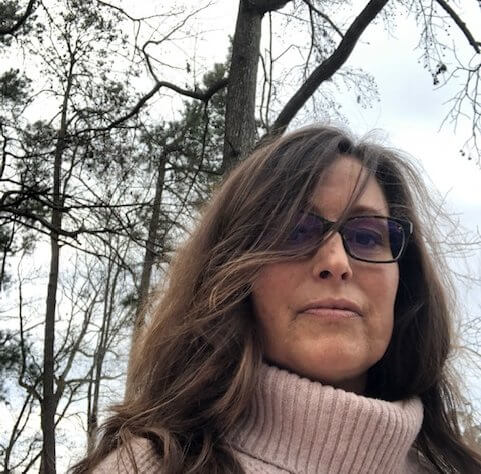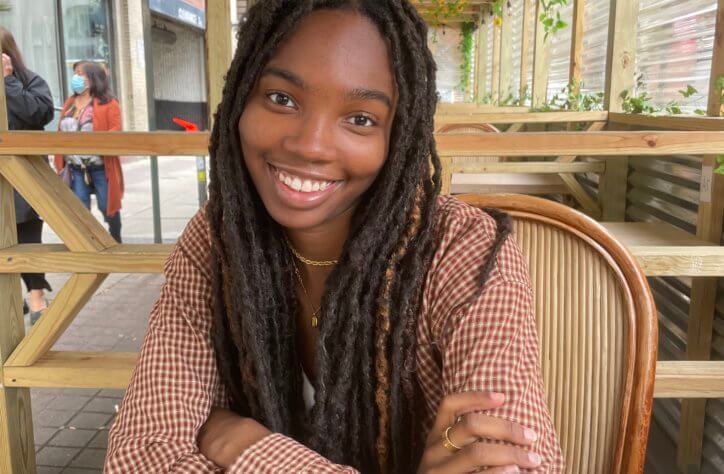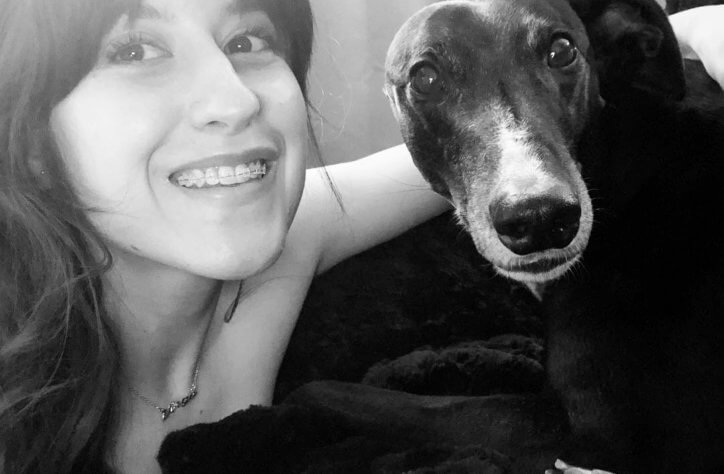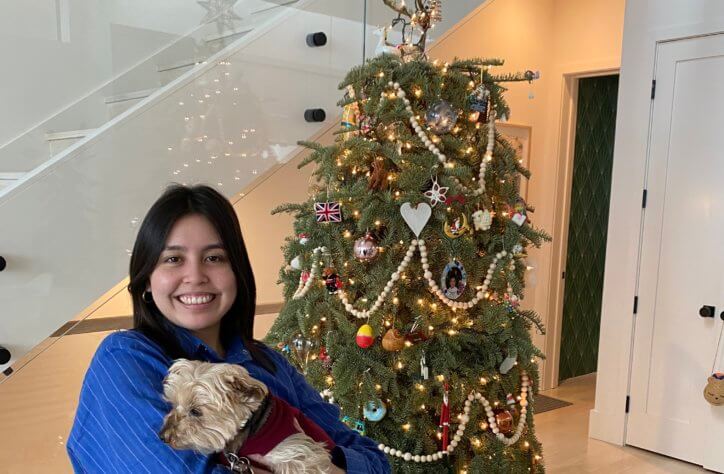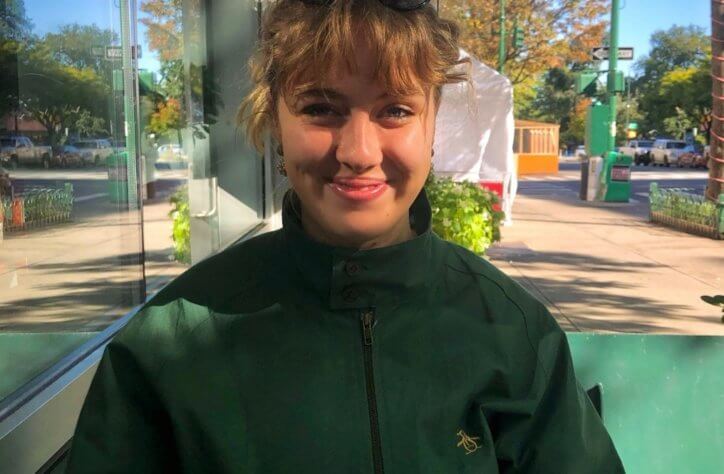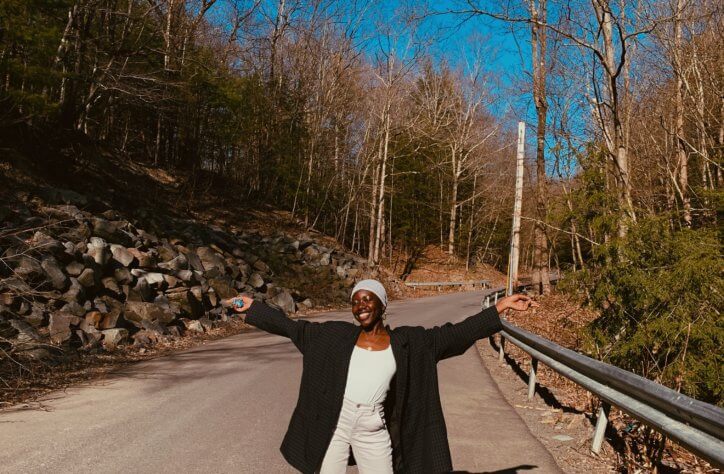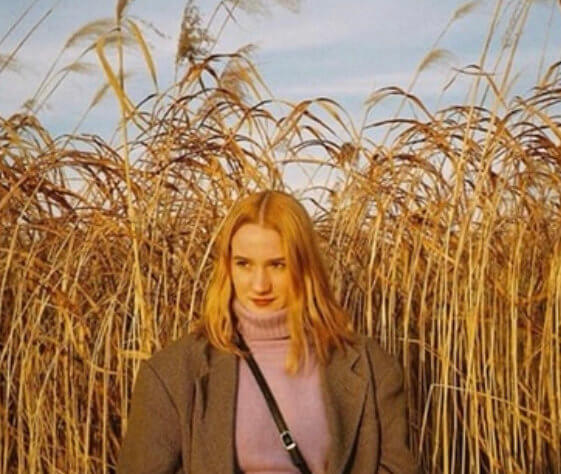What is legacy?
A legacy is what someone leaves behind to be remembered by.
I often think about the legacy that has been passed on to me. Recently I moved to London from South Africa, to pursue my career in music. I lost my mom in 2016, which was difficult as the only girl with 4 brothers. As a young woman making a life for herself away from home, away from family, I can’t help but reflect on the lives of the women in my bloodline. I think about my grandmother and mother and compare my life to theirs.
It’s funny how age humbles you.
As a teenager, I couldn’t comprehend the sacrifices that were made for me. I either didn’t want to or just hadn’t lived enough life to understand that things aren’t easy out there. Now, with some reflection, I am deeply grateful for my life.
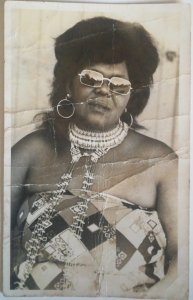
My grandmother, Hlobohang Cresentia Lieke, was born in 1929 in Matatiele in the rural Eastern Cape of South Africa. At this time, South Africa was still a British colony under King George V. My grandmother grew up in a hut and at age 18 moved to the small town of Kokstad to find work as a domestic worker. As a young woman, she suffered from polio, rendering one of her legs weak and unable to move. Still, she wore a leg brace in order to work. At the age of 22, in 1951, my grandmother gave birth to my mother, Octavia Pretorius (née Kemp). The father of the child was Dr Kemp, the married white man whose house my grandmother cleaned. South Africa in this time was a deeply segregated country and the Immorality Act ensured that interracial relationships of any sort were forbidden and punishable by law. Now I can only speculate on the nature of their relationship, I am not sure if it was consensual or not. But given the severe disparity in power of a wealthy, educated white man and a poor, black, disabled domestic worker, I can only imagine that it was complex.
So, my grandmother gave birth to my mom, a mixed-race child in a society where her very existence was illegal. When the woman of the house, Dr Kemp’s wife, saw my mother and it was clear to her that her husband had fathered the child. The police were called to take my mom and grandmother away. The only choice my grandmother had was to flee Kokstad and find a home somewhere else. She moved to another area, Umtata (now Mthatha).
Knowing that her child, my mother, would have more opportunity because she was mixed race (coloured), my gran took my mom to Bedford Convent, a catholic boarding school for orphaned children. My grandmother convinced the nuns that she was unable to take care of my mom because of her job as a sex worker. This was a lie. My grandmother lied and sullied her reputation in the Catholic community in order to give my mother an opportunity at a better life.
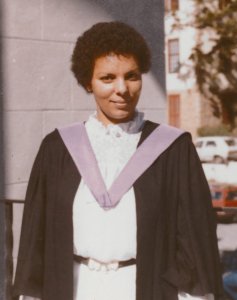
Fast forward a few years later and my mother was one of the very few children from Bedford convent to finish high school. Upon graduating high school, she moved to Cape Town to become a nurse. South Africa, under the apartheid government had instituted The Population Registration Act which ensured that black, white and coloured people lived separately. Although my mother came from a black mother and family, she was now considered a coloured woman according to the South African law, and this meant a different life for her, with better opportunities than her mom and sisters.
At that time, coloured women were allowed to be nurses, teachers and secretaries. At the age of 20, she attempted to officially change her race from black to coloured on her birth certificate, in order to earn a slightly higher salary. She approached two male lawyers who could help her with this. Instead, they went on to sexually assault my mother. She spent her 21st birthday in hospital. When I first heard this story, I was about 21, and it made me sick. I imagined how I would have responded to such a brutal attack. I suddenly saw my mom, not as the tough matriarch I had built in my mind, but as a young woman, a friend. My heart broke that day. For my mother and for so many women in South Africa who experience this as a daily occurrence.
At age 23 my mother married my father and they raised 3 sons. I know that my mom’s life was filled with both joy and hardship at this time. Too many to write down. The life of a black woman in South Africa in the 1970s and 80s was not an easy one. My mom would tell me stories of her life as a young woman, and although some of them were happy, she often omitted the stories that would open up old wounds for her. She struggled in the coloured community because of her black heritage and was sometimes ostracised by members of my dad’s family for being black.
When my mom was 39, she gave birth to me. A year later she had my younger brother.
By the 90s, my mother had 5 children, a full-time job and was studying at University to get her Bachelors in Education. One day I asked her how she managed to pull it all off. She told me “After work and taking care of the family, I would be so tired, I could barely keep my eyes open, but I had to study. So I would strip down- completely naked so that the cold would keep me awake”.
When I heard this I was stunned. I realised I could not even begin to comprehend that kind of work ethic and dedication to goals and family.
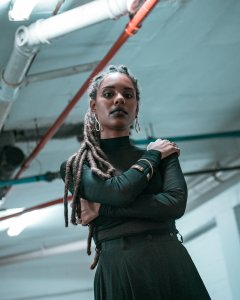
If these are the kinds of women I come from, how could I ever be weak of spirit?
Even though I was raised in a community that was ravaged with drugs and gangsterism, I was sheltered from it. For the most part, I experienced my community as a colourful place. I was sent to good schools and encouraged to dream big. I have worked really hard to be at the point I am at in my life, but I would not be in the position I am in now, were it not for the immense efforts of my grandmother and mother. Each generation ensuring that the next is better off.
So, what is their legacy?
My memory of my grandmother was that of a strong Sotho woman, tough as nails, and although she was in a wheelchair for most of my life, she wasn’t someone to pick a fight with. She fought back. She was industrious, intelligent and always on the go.
My mother was a beautiful bad ass, inventive, resilient and generous. She went through the most, but managed to fill her life with beauty and grace. She had a sense of humour about life and was compassionate beyond my understanding.
While I believe it important to recount the sufferings of my mom and grandmother, they are not the tragedies that they experienced. They are the champions that triumphed despite it. I am my mom’s dream and my grandmother’s wildest dream. I feel a sense of responsibility to continue their legacy in any way I can. I am not sure if I will have children one day, but I now know for sure how I want to be remembered.
I want to be remembered like my grandmother, bold, daring and resolute.
I want to be remembered like my mother, compassionate, tenacious and gentle.
I want to be remembered as someone who defied the limits of the human spirit and stood boldly in my truth no matter what was thrown at me. I want to be remembered as Catherine Saint Jude, granddaughter of Hlobohang Crescentia and daughter of Octavia.
